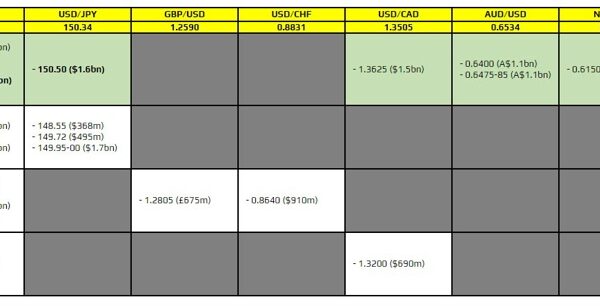In a notable shift, June witnessed a significant reduction in cryptocurrency losses due to hacks, down by 54.2% from the previous month, according to the latest data from PeckShield.
This downturn in cyber theft indicates an evolving space in the crypto security domain, even as the industry grapples with ongoing challenges.
June’s Major Incidents and Broader Implications
The data from PeckShield, a renowned crypto analytics firm, detailed that June saw about 20 hacking incidents, which resulted in nearly $176 million in losses. This marks a substantial decrease from May’s substantial losses of $385 million.
Among the notable breaches, the BtcTurk crypto exchange suffered the largest single exploit, losing over $100 million in assets. This was followed by the centralized exchange Lykke, which faced a $22 million setback, and the decentralized finance (DeFi) lending protocol UwU Lend, which lost $19.4 million.
#PeckShieldAlert June 2024 witnessed 20+ hacks in the crypto space, resulting in ~$176.2 million in losses. This marks a decrease of 54.2% from May 2024 (w/ ~$385m in hackers’ profits).#Top 5 Hacks:#Btctruk: $100.25 million (CeFi)#Lykke: $22 million (CeFi)#UwULend: $19.4… pic.twitter.com/83XzWf82kw
— PeckShieldAlert (@PeckShieldAlert) July 1, 2024
Despite the decline in June, the second quarter overall was tumultuous, with approximately $572.68 million siphoned off due to hacks and scams—a 70.3% increase from the first quarter and a 112% rise year-over-year, according to data from Immunefi.
Immunefi founder Mitchell Amador noted in the report:
This quarter highlights how infrastructure compromises can be the most devastating hacks in crypto, as a single compromise can lead to millions in damages. This was evident during this quarter, where losses surged primarily due to hacks targeting CeFi infrastructure, surpassing DeFi, despite a smaller number of hacks in that sector. Robust measures to safeguard the entirety of the ecosystem are crucial.
Interestingly, while May was the peak month for losses, amounting to $358.5 million, there was a silver lining as about $28.7 million was recovered across several incidents, including those involving Bloom, ALEX Lab, Gala Games, and YOLO Games.
Emerging Threats and Defensive Strategies
The quarter also highlighted the burgeoning threat posed by deepfakes. These “sophisticated” AI-generated impersonations are becoming a formidable challenge within the crypto space, particularly in scam operations.
Exchanges are increasingly turning to advanced solutions like those offered by Sumsub, a leading KYC verification provider. Bitget, for instance, has partnered with Sumsub to enhance its defenses, aiming to protect its users worldwide.
Gracy Chen, Bitget’s CEO noted:
We urgently need new industry safety standards and an industry-wide protocol for user protection against this threat. Through our collaboration with Sumsub, we aim to continuously develop new forms and standards of safety, sharing critical data to enhance the process.
Furthermore, this partnership represents a proactive approach to addressing the deepfake dilemma, which saw a 217% increase in detections within the crypto sector from the first quarter of 2023 to the first quarter of 2024, according to the Bitget report.
Featured image created with DALL-E, Chart from TradingView














